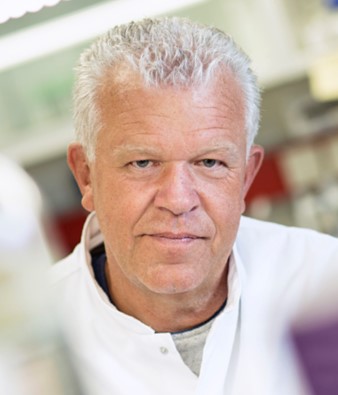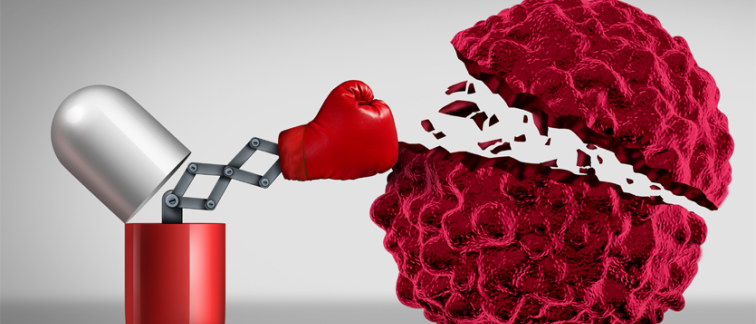euro to 15 Cancer Center Amsterdam research groups. One of the selected project
proposals is entitled “Towards a novel therapy for Multiple Myeloma by identification of sensitizers for BCL-2 family inhibitors” by principal investigator Dr. Marcel Spaargaren (€ 696,062.50).
Multiple myeloma (MM), in Dutch also known as Kahler's disease, is a type of cancer that begins in plasma cells, a type of white blood cell. It is characterized by the rampant growth of malignant cells in the bone marrow, ultimately leading to blood cell deficiency and bone breakdown.
Therapies have been developed over the last decade which slow the progression of the disease. Unfortunately, nearly all patients develop resistance to these therapies over time. New treatments based on immunotherapy are being developed, but for elderly or frail patients, innovative and – preferably - oral and relatively non-toxic treatment strategies are urgently needed.
Recently, good clinical results have been shown for the treatment of some blood cancers using drugs that target proteins that suppress the death of cells (so-called BCL-2 family proteins). These proteins are often dysregulated in cancer and play an important role in the pathogenesis of many hematological malignancies (lymphoma and leukemia), including MM.
Unfortunately, the drugs (venetoclax and MIK665) were only effective for a small subset of MM patients. “The primary goal of our research is to identify proteins that, when inhibited, render the myeloma cells more sensitive to venetoclax or MIK665,” says Dr. Marcel Spaargaren, Associate Professor at the Department of Pathology, Lymphoma and Myeloma Center Amsterdam (LYMMCARE), at Cancer Center Amsterdam (CCA).
Searching inside and out
Dr. Spaargaren and his team will identify these new proteins using the gene-editing technology CRISPR. They will search not only inside the cancer cells themselves, but also in the surrounding environment of myeloma cells: the bone marrow.
“Signals from the environment play a critical role in sustaining the growth and survival of MM cells during tumor progression,” explains Dr. Spaargaren. “Also, the resistance to therapy we see in MM may be cell-intrinsic, for example due to low expression of the drug-target, or cell-extrinsic, triggered by signals from the bone marrow microenvironment.”
 Dr. Marcel Spaargaren
Dr. Marcel Spaargaren
“Signals from the environment play a critical role in sustaining the growth and survival of MM cells during tumor progression.” Dr. Marcel Spaargaren.
The researchers will start with MM cells that are resistant to the drugs. They will use CRISPR to knockout genes (in this case, kinases) and look for cells that lose resistance to the drugs. The genes that are knocked out in these sensitive cells will be further studied.
“We will then investigate the role of the identified proteins using various molecular biological, protein biochemical and cell biological techniques,” says Dr. Spaargaren. “In addition, the myeloma cells will also be cultured in the presence of bone marrow cells to mimic the situation in the patient's bone marrow. Finally, we will use an animal model, developed by Dr. Richard Groen at the Amsterdam UMC (location VUmc), in which artificially made human bone is implanted in mice to study the role of the identified proteins in the growth and venetoclax/MIK665 resistance.”
The team expects that the research will yield important fundamental and translational insights into the regulation of BCL-2 family members, and the mechanisms underlying therapy-resistance in MM. Drugs that increase the sensitivity of myeloma cells to venetoclax or MIK665 would offer improved treatment and prognosis options for more MM patients.
For more information, contact Dr. Marcel Spaargaren

